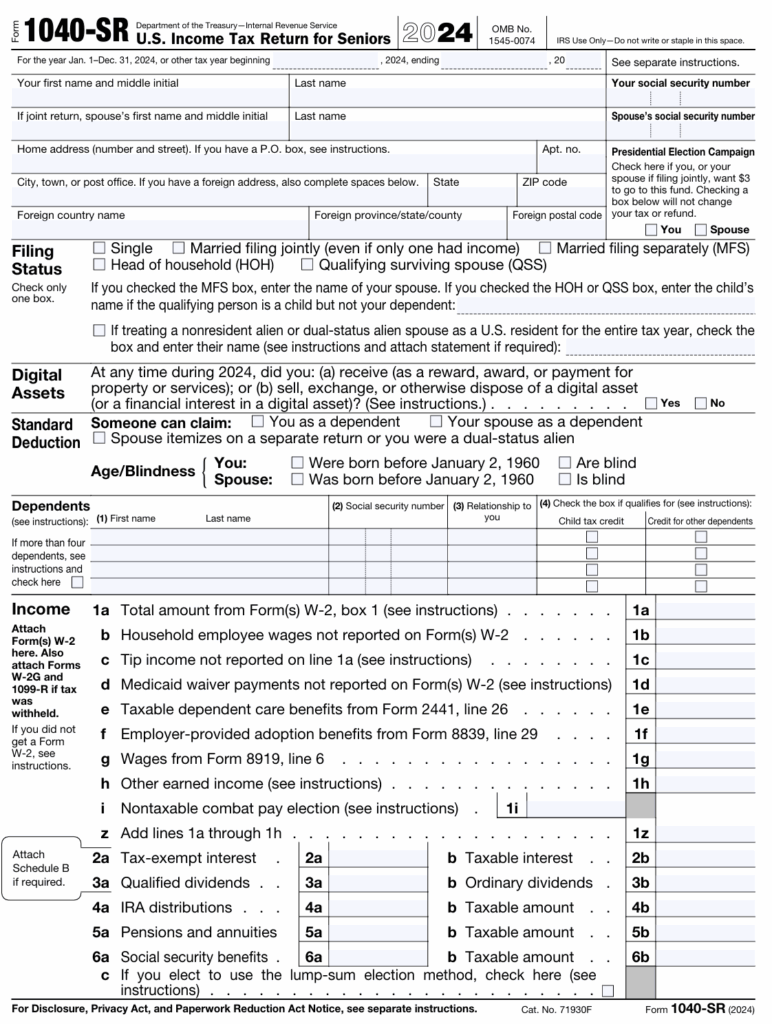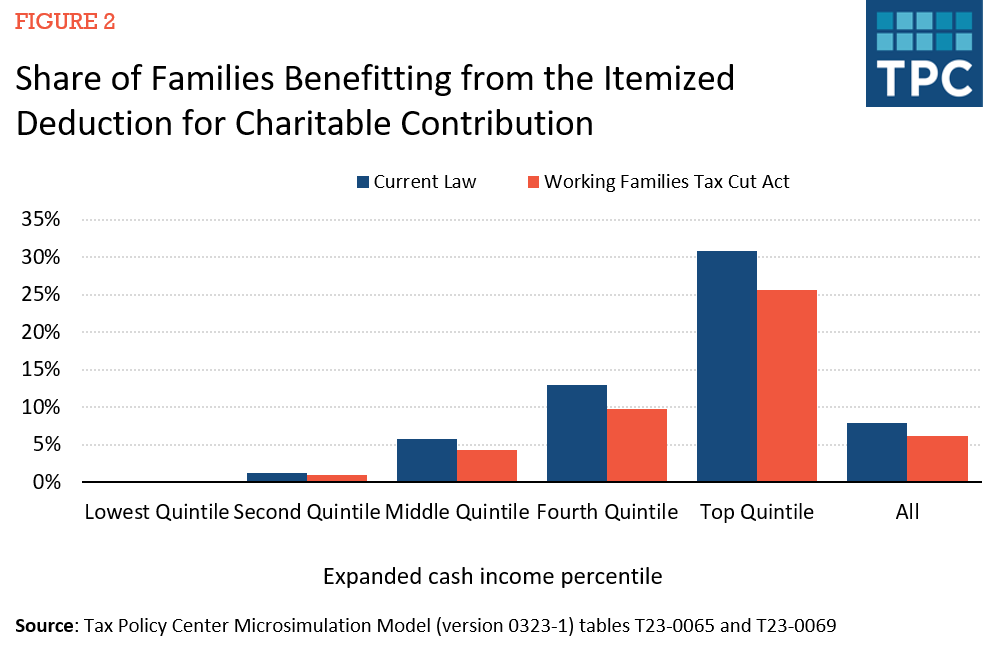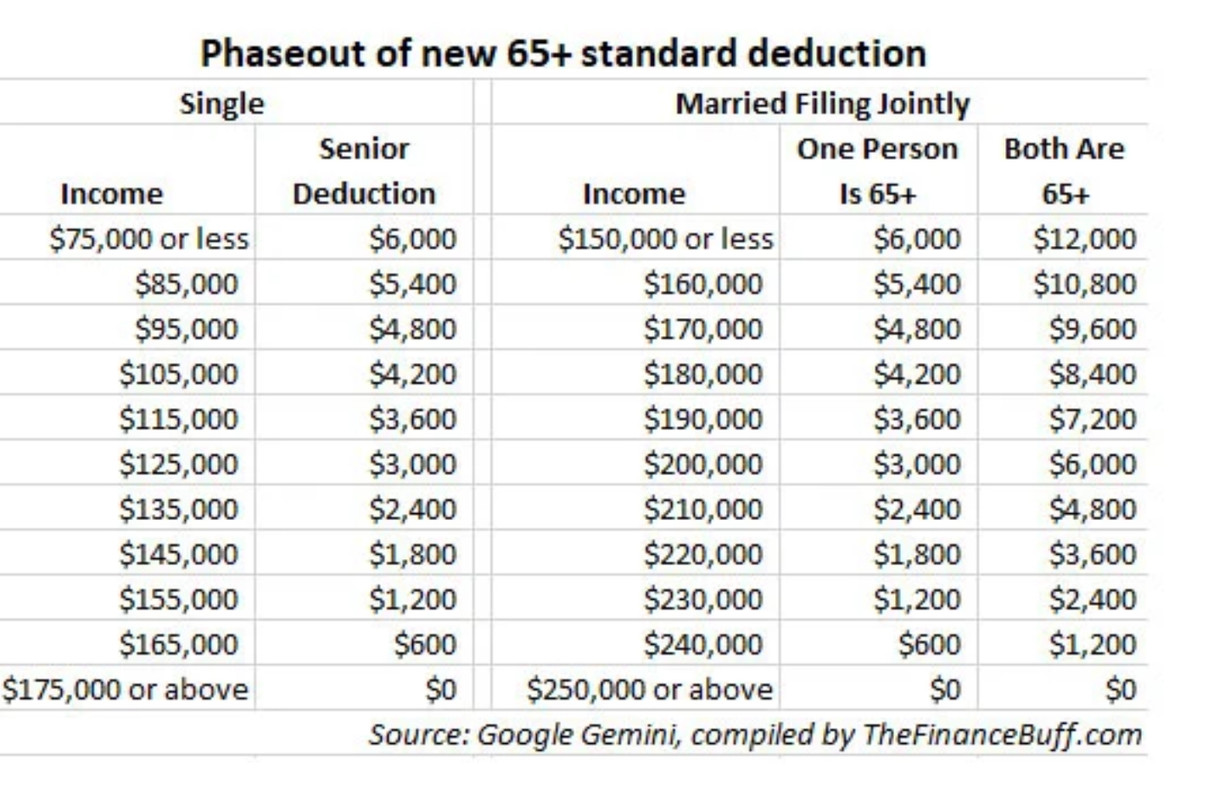Major mistakes taxpayers make when handling the FEIE Standard Deduction
Wiki Article
All You Need to Know Concerning the Foreign Earned Revenue Exemption and Its Connection to the Common Reduction
The Foreign Earned Earnings Exclusion (FEIE) presents a crucial possibility for U.S. people and resident aliens working abroad to decrease their taxed income. Understanding the qualification requirements and asserting procedure is crucial. The communication in between the FEIE and the common deduction can complicate tax approach. Missteps in maneuvering these policies can lead to missed out on advantages. Checking out these facets discloses vital information for reliable tax preparation and optimizing economic benefits.Comprehending the Foreign Earned Earnings Exclusion (FEIE)
The Foreign Earned Income Exemption (FEIE) functions as a necessary tax provision for U.S. residents and resident aliens who work abroad, enabling them to exclude a substantial portion of their foreign-earned income from U.S. federal tax. This arrangement is important for people living outside the USA, as it helps mitigate the monetary burden of dual tax on earnings gained in international countries. By making use of the FEIE, qualified taxpayers can reduce their gross income significantly, promoting economic stability while living and functioning overseas. The exclusion amount is adjusted yearly for inflation, ensuring it reflects existing financial problems. The FEIE is especially useful for those in areas with a higher price of living, as it permits them to maintain more of their profits. Comprehending the auto mechanics and ramifications of the FEIE encourages expatriates to make enlightened economic decisions and optimize their tax obligation scenarios while staying abroad.Qualification Demands for the FEIE
To certify for the Foreign Earned Income Exemption, individuals need to satisfy details qualification requirements that include the Residency Examination and the Physical Existence Examination. In addition, employment standing plays an important role in establishing qualification for this tax obligation benefit. Understanding these criteria is essential for anyone seeking to benefit from the FEIE.
Residency Examination Standard
Determining qualification for the Foreign Earned Revenue Exclusion (FEIE) pivots on meeting certain residency test criteria. Mostly, individuals must develop their tax obligation home in an international nation and demonstrate residency via either the bona fide house test or the physical visibility examination. The bona fide residence test requires that a taxpayer has actually established a copyright in a foreign country for a continuous period that spans a whole tax year. This includes demonstrating intent to make the international location a principal home. Furthermore, the taxpayer has to display ties to the foreign country, such as safeguarding work, family, or housing connections. Meeting these residency standards is crucial for certifying for the FEIE and successfully decreasing tax obligation liabilities on made revenue abroad.Physical Visibility Examination
Meeting the residency requirements can additionally be attained with the physical presence examination, which provides an alternative course for receiving the Foreign Earned Revenue Exclusion (FEIE) To please this test, a private must be literally present in a foreign country for at the very least 330 complete days throughout a consecutive 12-month duration. This demand highlights the value of real physical existence, as opposed to simply keeping a house abroad. The 330 days do not have to be consecutive, enabling versatility in travel setups. This test is particularly valuable for U.S. locals or citizens functioning overseas, as it enables them to omit a significant section of their foreign made revenue from united state taxes, therefore lowering their overall tax obligation obligationEmployment Standing Demands
Eligibility for the Foreign Earned Income Exclusion (FEIE) hinges on particular employment standing requirements that individuals have to fulfill. To qualify, taxpayers should demonstrate that their revenue is stemmed from international resources, commonly with work or self-employment. They have to be either a united state citizen or a resident alien and preserve a tax obligation home in an international nation. Additionally, individuals should satisfy either the Physical Visibility Examination or the Authentic Home Examination to develop their foreign status. Independent people have to report their internet revenues, ensuring they do not exceed the recognized exclusion limitations. It's essential for candidates to keep correct documentation to substantiate their claims pertaining to work condition and international income throughout the tax year.Exactly how to Declare the FEIE

Qualification Demands Described
For individuals seeking to gain from the Foreign Earned Earnings Exclusion (FEIE), comprehending the qualification requirements is essential. To certify, one have to meet 2 primary examinations: the authentic house examination or the physical visibility examination. The bona fide house test applies to those who have actually established an irreversible house in a foreign nation for a nonstop period, generally a year or even more. Conversely, the physical presence examination needs individuals to be literally present in an international country for a minimum of 330 days throughout a 12-month period. FEIE Standard Deduction. In addition, just made income from international resources receives exemption. Meeting these standards is vital for taxpayers wishing to lower their gross income while living abroadNecessary Tax Obligation Forms
Just how can one effectively assert the Foreign Earned Income Exemption (FEIE)? To do so, particular tax return have to be utilized. The key kind needed is IRS Type 2555, which enables taxpayers to report foreign gained income and declare the exclusion. This form calls for comprehensive information concerning the person's foreign residency and the revenue made while living abroad. Additionally, if declaring the exclusion for housing prices, Kind 2555-EZ may be used for simpleness, provided specific standards are met. It is important to guarantee that all needed sections of the kinds are finished precisely to avoid delays or concerns with the internal revenue service. Understanding these types is necessary for making best use of the advantages of the FEIE.Declaring Refine Actions
Asserting the Foreign Earned Income Exemption (FEIE) includes a series of well organized and clear actions. First, people must establish their eligibility, verifying they fulfill the physical presence or bona fide house tests. Next, they need to complete internal revenue service Kind 2555, describing income earned abroad and any suitable exemptions. It is vital to gather supporting paperwork, such as international tax returns and proof of house (FEIE Standard Deduction). After completing the form, taxpayers should connect it to their yearly tax obligation return, generally Form 1040. Filing online can streamline this process, yet guaranteeing exact details is crucial. People have to maintain duplicates of all submitted kinds and sustaining papers for future referral in instance of audits or queries from the IRS.The Standard Reduction: An Introduction
The typical deduction functions as a crucial tax obligation benefit that simplifies the filing process for several people and families. This reduction allows taxpayers to decrease their taxable earnings without the need to itemize reductions, making it an appealing alternative for those with uncomplicated economic situations. For the tax year, the standard reduction quantity differs based on filing condition, with various thresholds for single filers, married couples filing jointly, and heads of family.
The standard deduction is changed yearly for inflation, ensuring its importance with time. Taxpayers that certify can select between the basic deduction and itemizing their deductions, typically selecting the better advantage. By giving a standard reduction, the conventional reduction supports taxpayers in lowering their general tax obligation responsibility, thus improving their economic placement. Understanding the conventional reduction is crucial for effective tax obligation planning and making best use of possible financial savings for individuals and families alike.
Interaction In Between FEIE and Typical Reduction
While both the Foreign Earned Revenue Exemption (FEIE) and the typical reduction serve to lower gross income, their interaction can substantially affect a taxpayer's total tax responsibility. Taxpayers that certify for the FEIE can exclude a considerable amount of their foreign-earned income, which might affect their eligibility for the basic deduction. Particularly, if a taxpayer's international income is entirely left out under the FEIE, their taxed earnings may fall below the threshold required to claim the typical reduction.However, it is vital to note that taxpayers can not double-dip; they can not make use of the same income to assert both the FEIE and the common reduction. When figuring out the best technique for tax obligation reduction, this indicates that cautious factor to consider is required. Eventually, comprehending how these 2 click for source arrangements interact makes it possible for taxpayers to make educated choices, guaranteeing they maximize their tax obligation benefits while remaining certified with internal revenue service regulations.
Tax Obligation Benefits of Using the FEIE
Utilizing the Foreign Earned Income Exemption (FEIE) can supply remarkable tax obligation advantages for united state people and resident aliens living and working abroad. This exclusion allows qualified people to exclude a particular amount of foreign-earned income from their gross income, which can lead to significant tax obligation financial savings. For the tax obligation year 2023, the exclusion quantity depends on $120,000, substantially lowering the gross income reported to the internal revenue service.you could check here

Additionally, the FEIE can assist stay clear of double tax, as international tax obligations paid on this income may additionally be eligible for deductions or credit histories. By tactically utilizing the FEIE, taxpayers can maintain more of their income, permitting enhanced financial security. The FEIE can be advantageous for those that qualify for the bona fide house test or physical visibility examination, giving versatility in handling their tax commitments while living overseas. Generally, the FEIE is a valuable tool for expatriates to optimize their economic resources.

Typical Errors to Avoid With FEIE and Typical Reduction
What risks should taxpayers recognize when claiming the Foreign Earned Earnings Exclusion (FEIE) alongside the conventional deduction? One common mistake is thinking that both advantages can be claimed at the same time. Taxpayers should understand that the FEIE should be asserted before the basic deduction, as the exemption essentially minimizes taxable revenue. Stopping working to meet the residency or physical existence examinations can also cause ineligibility for the FEIE, resulting in unforeseen tax liabilities.Furthermore, some taxpayers ignore the necessity of proper documentation, such as keeping documents of foreign income and travel dates. An additional constant mistake is overestimating the exemption amount, possibly as a result of inaccurate forms or misinterpretation of tax guidelines. Ultimately, people need to remember that asserting the FEIE could impact qualification for sure tax credit scores, which can complicate their overall tax obligation scenario. Understanding of these mistakes can aid taxpayers browse the complexities of international taxes extra successfully.
Often Asked Concerns
Can I Declare FEIE if I Live Abroad Part-Time?
Yes, an individual can declare the Foreign Earned Revenue Exemption if they live abroad part-time, supplied they meet the essential demands, such as the physical presence or authentic residence examinations detailed by the IRS.Does FEIE Impact My State Tax Obligations?
The Foreign Earned Earnings Exclusion hop over to here (FEIE) does not directly influence state tax obligations. States have differing policies regarding earnings earned abroad, so individuals must consult their certain state tax obligation laws for exact guidance.Are There Any Type Of Expiry Dates for FEIE Claims?
Foreign Earned Revenue Exemption (FEIE) insurance claims do not have expiration dates; however, they must be declared each year on income tax return. Failing to claim in a given year might result in lost exclusion advantages for that year.Just How Does FEIE Impact My Social Security Benefits?
The Foreign Earned Earnings Exemption (FEIE) does not straight influence Social Protection advantages, as these benefits are based on life time earnings. Excluded revenue may lower general earnings, possibly impacting future advantage estimations.Can I Revoke My FEIE Insurance Claim After Filing?
Yes, an individual can revoke their International Earned Income Exemption insurance claim after declaring. This revocation has to be submitted through the appropriate tax return, and it will influence their tax obligation responsibilities and potential deductions progressing.The Foreign Earned Income Exemption (FEIE) offers a vital opportunity for U.S. residents and resident aliens working abroad to reduce their taxed revenue. Understanding the Foreign Earned Revenue Exemption (FEIE)
The Foreign Earned International Exclusion EarningsFEIE) serves as offers essential tax vital tax obligation Stipulation citizens and residents aliens who work abroadFunction allowing them to exclude a significant portion considerable their foreign-earned income from Earnings federal taxationGovernment While both the Foreign Earned Income Exclusion (FEIE) and the typical reduction offer to reduce taxable income, their interaction can significantly affect a taxpayer's general tax obligation obligation. Making Use Of the Foreign Earned Revenue Exclusion (FEIE) can supply remarkable tax advantages for United state people and resident aliens living and functioning abroad. Foreign Earned Income Exemption (FEIE) claims do not have expiration dates; however, they have to be asserted yearly on tax obligation returns.
Report this wiki page